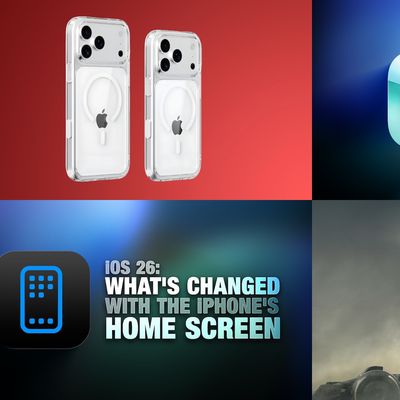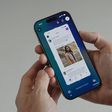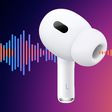South Korean Court Declares Samsung and Apple Violated Each Other's Patents, Halts Product Sales of Older Devices
The Wall Street Journal reports that a panel of three judges in a South Korean court rendered a split decision against Apple and Samsung, stating that the companies violated each other's patents. The court assessed fines and damages against both technology manufacturers, requiring Apple to pay approximately $17,650 to Samsung for each of two violated patents and cease sales of the iPhone 4 and iPad 2 in South Korea, while Samsung must pay approximately $22,000 to Apple and stop selling its older Samsung Galaxy S, Galaxy SII, and Galaxy Nexus smartphones as well as the 7-inch and 10.1-inch Galaxy Tab tablet devices.

The lawsuit filed by Samsung and the countersuit filed by Apple in South Korea focus on the same patents at issue in the high-profile case currently in process in a U.S. District Court in which Apple claims that Samsung infringed upon Apple's patents and trade dress while Samsung claims that Apple owes licensing fees for using 3G technology covered by its patents.
Interestingly, the South Korean court stated that Apple and Samsung smartphones were dissimilar enough that there would be "no possibility" for consumers to confuse the products of the two companies.
In the U.S., both Apple and Samsung have completed their presentations to the jury and the most recent update on the case earlier this week indicated that Apple's CEO, Tim Cook, and Samsung's CEO, Kwon Oh Hyun, would meet and discuss the issues in a last-ditch effort for resolution for the jury began its deliberations.
Popular Stories
A new Apple TV is expected to be released later this year, and a handful of new features and changes have been rumored for the device.
Below, we recap what to expect from the next Apple TV, according to rumors.
Rumors
Faster Wi-Fi Support
The next Apple TV will be equipped with Apple's own combined Wi-Fi and Bluetooth chip, according to Bloomberg's Mark Gurman. He said the chip supports ...
Apple will launch its new iPhone 17 series in two months, and the iPhone 17 Pro models are expected to get a new design for the rear casing and the camera area. But more significant changes to the lineup are not expected until next year, when the iPhone 18 models arrive.
If you're thinking of trading in your iPhone for this year's latest, consider the following features rumored to be coming...
Apple's next-generation iPhone 17 Pro and iPhone 17 Pro Max are only two months away, and there are plenty of rumors about the devices.
Below, we recap key changes rumored for the iPhone 17 Pro models.
Latest Rumors
These rumors surfaced in June and July:A redesigned Dynamic Island: It has been rumored that all iPhone 17 models will have a redesigned Dynamic Island interface — it might ...
The long wait for an Apple Watch Ultra 3 is nearly over, and a handful of new features and changes have been rumored for the device.
Below, we recap what to expect from the Apple Watch Ultra 3:Satellite connectivity for sending and receiving text messages when Wi-Fi and cellular coverage is unavailable
5G support, up from LTE on the Apple Watch Ultra 2
Likely a wide-angle OLED display that ...
iPhone 17 Pro and iPhone 17 Pro Max models with displays made by BOE will be sold exclusively in China, according to a new report.
Last week, it emerged that Chinese display manufacturer BOE was aggressively ramping up its OLED production capacity for future iPhone models as part of a plan to recapture a major role in Apple's supply chain.
Now, tech news aggregator Jukan Choi reports...
The iOS 26 public beta release is quickly approaching, while developers have recently gotten their hands on a third round of betas that has seen Apple continue to tweak features, design, and functionality.
We're also continuing to hear rumors about the iPhone 17 lineup that is now just about right around the corner, while Apple's latest big-budget film appears to be taking off, so read on...



















